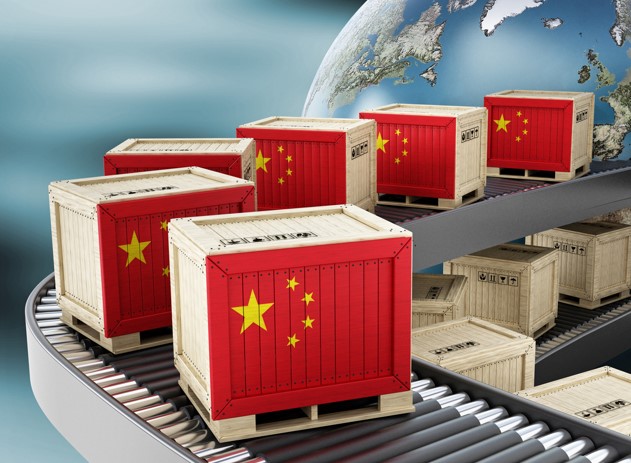At the Bloomberg New Energy Finance Summit in Shanghai on November 27, the leaders of China’s, and the world’s largest solar module firms expressed worries on the all time low module prices seen in recent weeks and months. For what it is worth, prices are expected to drop even further before any recovery can start. As we reported earlier, polysilicon prices are expected to hit all time lows before any meaningful recovery starts, providing some margin cushion to PV makers that buy it from other suppliers.
Leadership from majors including Trina Solar, Longi Green Energy Technology, Jinko Solar all held forth on the impact of low prices, raising issues on the future development as well as sustained growth of the sector.
Trina Solar Chairman Gao Jifan, pointed out that with module prices halving to CNY1 (14 US cents) a watt from CNY2 a watt a year ago and current bidding prices going below CNY1, the entire industry chain was harmed.
Jinko Solar’s Chairman Li Xiande sounded a little more sanguine, simply saying that while integrated firms like his own faced a period of lower profits, there would still be opportunities in the supply chain to benefit from.
Li Zhenguo, president of Longi was much more forthright, claiming that profits would be very difficult at rates of CNY1 per watt, and the need to relook irrational capacity expansions and fresh capacities being announced by manufacturers.
Pointing to the excess supply in the China market, which leads the market in solar installations as well as manufacturing, Lu Chuan, chairman of Chint New Energy Development, a unit of electrical components maker Chint Group raised worries on the risks to firms from such a situation.
However, with their strong domestic market and much more efficient supply chains, the larger Chinese manufacturers are likely to manage this period too, having survived much worse in the past decade. Most are leaner, more efficient, and with stronger balance sheets thanks to record profits through 2022 and 2023. While the inventory pile up in Europe has been well documented, as well as the protectionist moves in key markets the US and India, in both cases it has been domestic pressure from developers and the need to roll out cheaper solar installations faster that has seen these markets find ways to allow Chinese imports in.
The parallel pricing regimes in many of the key markets in the form of higher priced protected domestic manufactures versus Chinese imports has also meant that buyers are not postponing projects at the scale one might expect, especially with many incentives time bound to establish solar plants quickly. That is one reason why solar installations have comfortably outpaced predictions just like solar manufacturing, providing a further buffer from price shocks to the manufacturers.
Resource: SaurEnergy.com

